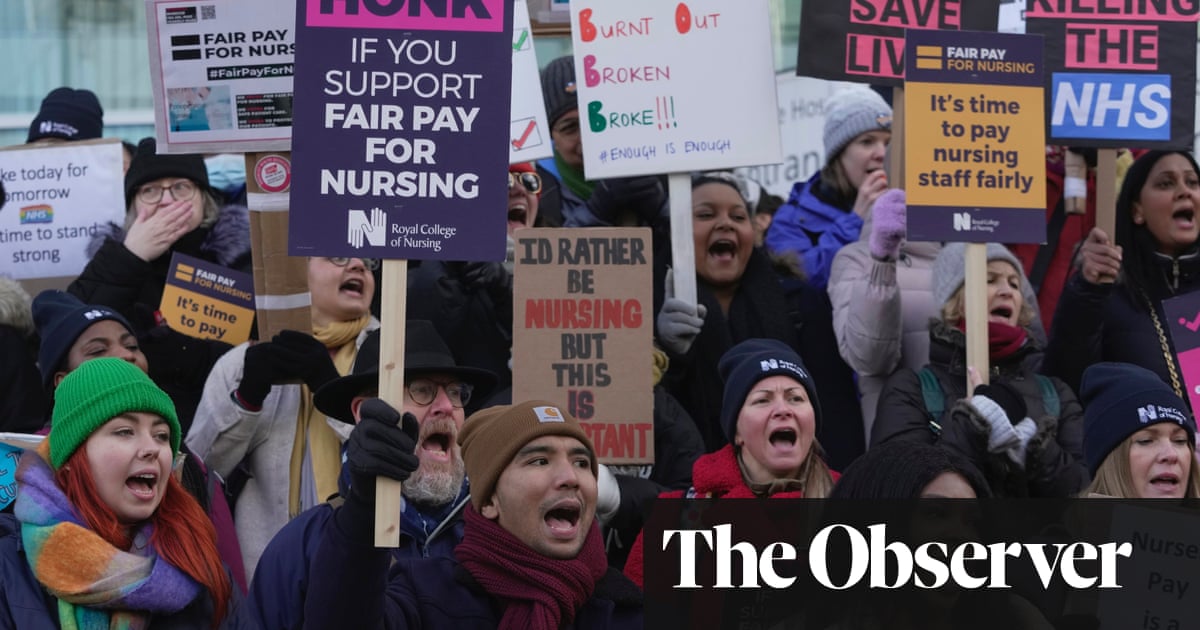
The NHS has been urged to rethink safety for thousands of frontline staff after new research suggested that Covid patients’ coughing is putting them at far greater risk of catching the virus than previously thought.
The study found that coughing generated at least 10 times more infectious “aerosol” particles than speaking or breathing – which could explain why so many NHS staff have fallen ill during the pandemic.
The research has led to fresh demands that anyone caring for someone with Covid-19, or suspected Covid-19, should be provided with the most protective equipment – including FFP3 respirator masks – and that hospital ventilation should be improved.
Health workers are up to four times more likely to contract coronavirus than the general population, with infection rates among those on general hospital wards approximately double those of intensive care unit (ICU) staff – who do have access to the most protective PPE.
This access to higher-level PPE was based on the assumption thatICU wards are more dangerous because treatments such as continuous positive airway pressure (CPAP), used to support patients’ breathing, generated large amounts of aerosols – which linger in the air and can be breathed into the lungs.
Staff working in other hospital areas, GP surgeries and care homes are issued with looser-fitting surgical masks, which afford little protection against these tiny particles, but block larger virus-carrying droplets.
The new research, which has not yet been peer-reviewed, turns these assumptions on their head.
“CPAP is not aerosol-generating – in fact, the aerosols are reduced compared to just normal breathing and speaking,” said Dr James Dodd, a consultant senior lecturer in respiratory medicine at North Bristol Lung Centre and the University of Bristol, who led the study. “However, cough really is a potent generator of aerosols.”
He added: “[The risk] appears to be far greater than what we would have assumed.”
Rose Gallagher, the Royal College of Nursing’s professional lead for infection prevention and control, said: “This research adds yet more weight to our calls for greater protection for all health and care workers.”
Dr Eilir Hughes, a GP and leader of the Fresh Air NHS campaign, which is calling for FFP3 masks to be available to anyone caring for Covid-patients, or suspected patients, added: “It goes along with a growing body of evidence, which is telling us that activities such as talking, and coughing in particular, are aerosol-generating.
“If we as a country had taken the precautionary approach from the beginning of the pandemic, this paper would only have justified that it was the right approach, but unfortunately, we didn’t. We have to now look at the policy and change it, to ensure that we are adequately protecting our healthcare workers.
“The evidence is now so clear on this matter, that people are asking why isn’t the PPE coming. The suspicion is that it isn’t there for us to have.”
Dodd and his colleagues recruited healthy volunteers to receive CPAP or a related treatment called high flow nasal oxygen (HFNO) in a highly ventilated operating theatre.
This enabled them to precisely measure the aerosols emitted in the absence of any background particles. They also took measurements when the volunteers breathed, talked and coughed normally, and separately measured aerosol emissions from Covid-19 patients – the first time such measurements have been taken.
Coughing generated at least 10 times more aerosols than speaking or breathing, and all of these activities generated more airborne particles than CPAP – even when the volunteers wore a surgical mask.
Aerosol emissions were similar between Covid patients and healthy individuals. HFNO generated the most aerosols of all, but further investigations revealed that these were coming from the machine, and were unlikely to be carrying any virus from the patients’ airways.
The results have been presented to the National Institute for Health Research’s aerosols group, which feeds directly into Sage.
“We hope that they will look at the policies they currently have and whether they need to be updated,” said Prof Nick Maskell at the University of Bristol, who co-led the study.
According to data from the Office for National Statistics, at least 883 health and care workers died of Covid between March and December in England and Wales. Comparable data is not currently available for Scotland and Northern Ireland.
“We know that staff are still getting sick and having to take time off work to isolate and recover, depriving the NHS and its patients of their expertise at a time when all efforts are being put into defeating Covid-19,” said Dr Chaand Nagpaul, the British Medical Association (BMA) council chair.
“Current surgical masks are insufficient to prevent aerosol spread, which is why the BMA is calling for greater provision of enhanced FFP2 and FFP3 masks.”
The research may also boost efforts to force a public inquiry into Covid-19 deaths among NHS staff and care workers. In December, Doctors’ Association UK (DAUK), which represents frontline medics, escalated its threat of judicial review against the government. “Inquiries must be initiated to investigate any factors that may have led to healthcare workers’ deaths,” a spokesperson said.
“We feel that there would be fewer infections among healthcare workers, and fewer deaths, if people had proper masks,” said Dr Katie Sanderson, a junior doctor and committee member of DAUK. “Acute medical wards and A&E, which is where most Covid patients are being cared for, have much lower standards of ventilation than intensive care units, and generally people are coughing all the time.
“This issue affects GPs as well, because most GP commissioners have refused to let GPs have access to proper masks.”
A Department of Health and Social Care spokesperson said: “The safety of NHS and social care staff has always been our top priority and we continue to work tirelessly to deliver PPE to those people who protect us all on the frontline.
“In response to the new Covid-19 variants that have emerged in recent weeks, the UK Infection Prevention Control Cell conducted a comprehensive review of evidence and concluded that the current guidance and PPE recommendations remain appropriate. New and emerging evidence is continually monitored and reviewed by government in conjunction with our world-leading scientists.”












